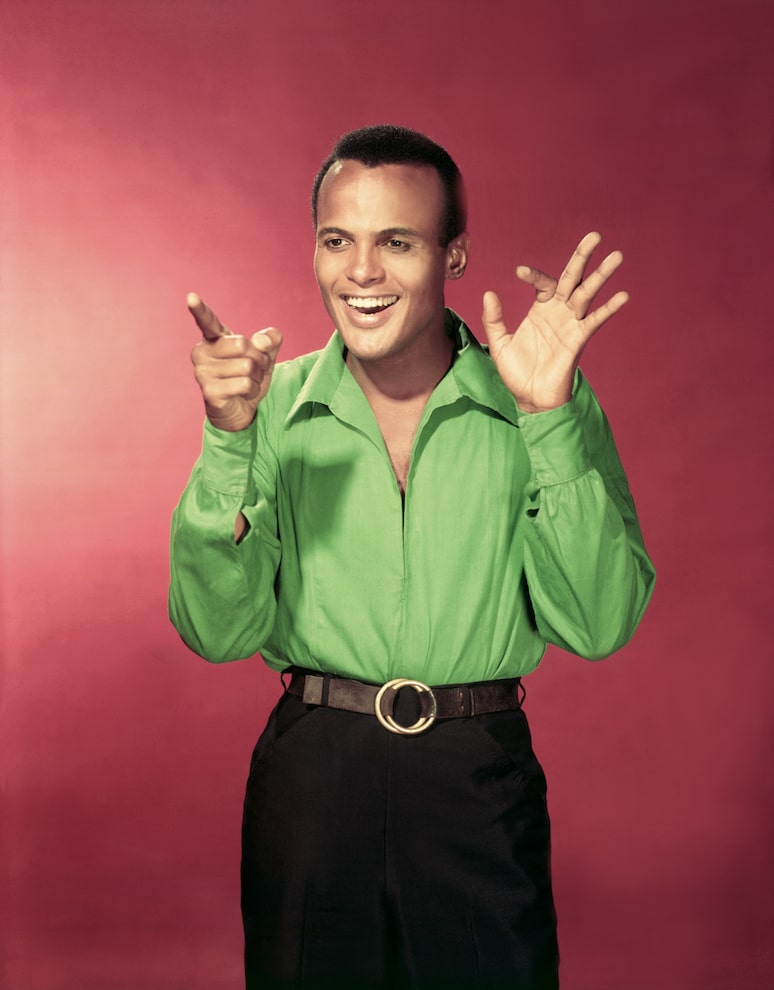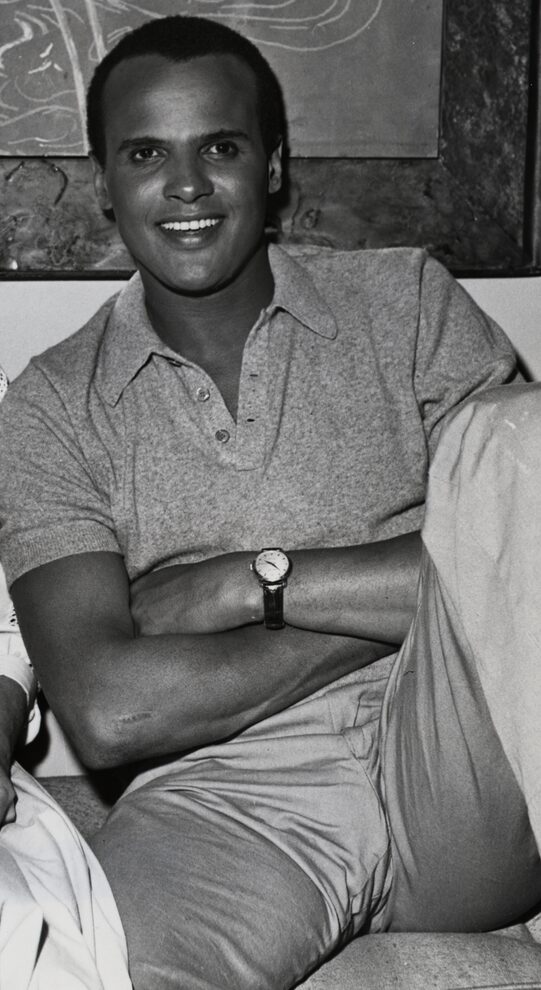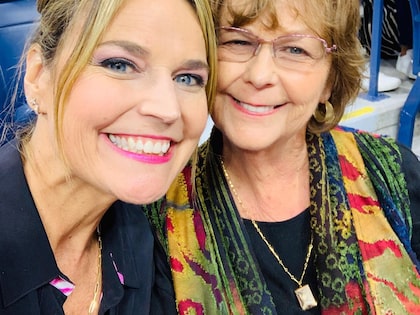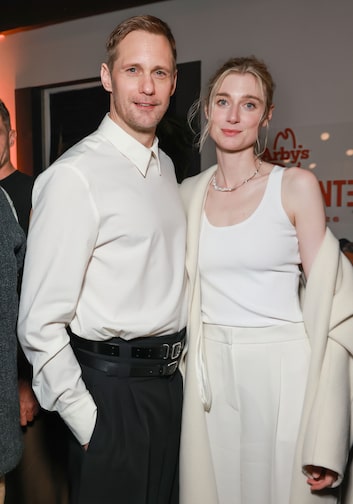Celebrity News April 25, 2023
Harry Belafonte, Iconic Singer, Actor & Activist, Dies at 96
 Getty Images
Getty Images
Harry Belafonte, the singer, actor, and influential civil rights activist who was one of the first Black artists to achieve superstardom in the United States, died Tuesday at 96.
His spokesman Ken Sunshine confirmed to The New York Times that Belafonte succumbed to congestive heart failure, his wife at his side.
Belafonte's achievements as a man of color in 1950s America were nothing short of astonishing. The Caribbean-American entertainer's 1956 album "Calypso," with its instantly iconic hit "Day-O (Banana Boat Song)," became the first-ever LP by a solo act to sell 1 million copies in the U.S. The song was selected for preservation in the National Recording Registry by the Library of Congress for its cultural significance in 2018, and his was a career that was nothing if not culturally significant.
Born March 1, 1927, in NYC, Belafonte spent part of his childhood in Jamaica. He returned to Manhattan and served in the U.S. Navy ahead of trying out for, and securing, a part in the play "Juno and the Paycock" at the American Negro Theatre.
He went on to study at the Actors Studio, a contemporary of Marlon Brando, Elaine Stritch, Tony Curtis and Bea Arthur, and became a popular cabaret performer at his own club in the West Village and at the famed Village Vanguard.
One aspect of his stellar career that is infrequently stressed is his mastery of the stage. As his star rose, Belafonte broke attendance records at live venues across the country.
Mentored by another Black crossover giant — Paul Robeson — Belafonte was successful on all fronts. Along with his fame as a singer, he won a Tony for his work in "John Murray Anderson's Almanac" (1954) and appeared in many hit films, most memorably "Carmen Jones" (1954), "Island in the Sun" (1957), "The World, the Flesh, and the Devil" (1959), "Odds Against Tomorrow" (1959), "Buck and the Preacher" (1972), "Uptown Saturday Night" (1974), and "Bobby" (2006).
 Getty Images
Getty Images
His final film appearance was a short, mesmerizing sequence in Spike Lee's "BlacKkKlansman" (2018).
Belafonte's television work was trailblazing, including a 1959 special called "Tonight with Belafonte" and his Emmy-winning "Revlon Revue: Tonight with Belafonte" (1959), making him the first Jamaican-American to win TV's top honor.
His specials integrated television like no other artist could, including appearances with Julie Andrews and Nana Mouskouri, the latter of whom was one of several artists introduced by Belafonte to American audiences. Bob Dylan was another.
When Belafonte appeared on "Petula," singer Petula Clark's first TV special, she briefly clutched his arm during a duet of the antiwar song "On the Path of Glory." The interracial contact incensed a representative from the show's sponsor, Chrysler, who demanded it be altered. Clark and her producer husband flatly refused, going so far as to destroy any takes that could have been substituted. In the end, that employee was fired, the special aired, and the ratings and the acclaim were phenomenal.
Intensely political and concerned about social justice his whole life, Belafonte performed at John F. Kennedy's inaugural gala in 1961. He was a rare Black talk-show host when he guest-hosted "The Tonight Show" during Johnny Carson's absence in 1968. Reflecting his growing work in civil rights, his guests included Robert F. Kennedy and Martin Luther King Jr.
His involvement humanitarian efforts were tireless, and included — but were not limited to — work as an advisor to the Peace Corps, working with the ACLU, financially supporting Martin Luther King Jr.'s family and bailing him out of jail, contributing to the 1961 Freedom Rides, working on voting rights, helping to organize the history-making 1963 March on Washington, campaigning for HIV/AIDS relief, protesting the Iraq War, being named Grand Marshal of NYC's LGBT Pride Parade, and serving as honorary co-chair of the 2017 Women's March.
Belafonte worked intimately with USA for Africa in the '80s, singing on the no. 1 hit "We Are the World," and created 1986's Hands Across America to fight poverty at home.
He also recorded music in protest of apartheid in South Africa and worked as a UNICEF Goodwill Ambassador.
In the '70s, Belafonte, still a force in the music industry, gave some of the most memorable performances on "The Muppet Show," including a lighthearted "Day-O" and a transcendent "Turn the World Around," not to mention a drum-off with Animal.
His musical supremacy continued throughout his life. In spite of logging his last U.S. pop hit in 1957, he released 27 studio albums through 1988, seven live albums through 1997, and at least eight compilations.
 Getty Images
Getty Images
Belafonte's awards and honors were staggering. A competitive Oscar shy of being a true EGOT, he nonetheless was given the Jean Hersholt Humanitarian Award by the Academy, was awarded the National Medal of Arts, was a Kennedy Center Honoree, and in 2022 was inducted into the Rock and Roll Hall of Fame in the Early Influence category — the oldest-ever living inductee.
His memoir, "My Song," was a best seller in 2011.
Belafonte was married and divorced twice, including to Julie Robinson, to whom he was wed for 47 years. He is survived by his third wife, photographer Pamela Frank, to whom he had been wed since 2008, and by his four children: daughters Adrienne and Shari from his first marriage, daughter Gina from his second marriage, and son Harry Belafonte Jr. from his second marriage. He is also survived by two stepchildren and eight grandchildren.


























